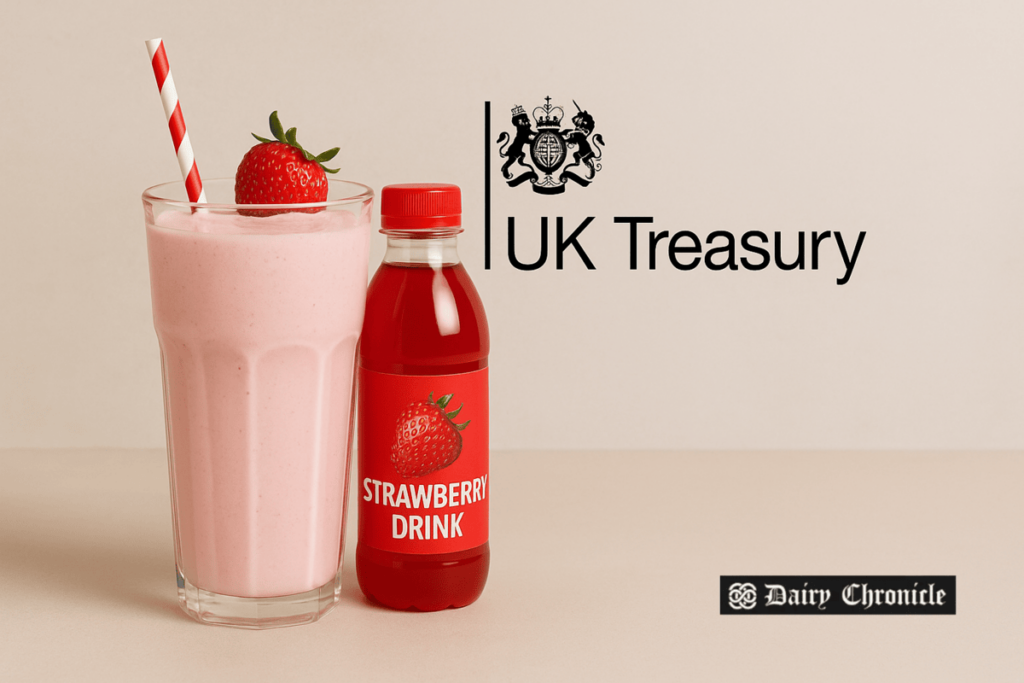The United Kingdom government has proposed extending the existing sugar tax on fizzy drinks to include milkshakes and similar beverages, both dairy-based and plant-based. This move, announced on April 29, 2025, in England by the UK Treasury, marks a significant policy shift aimed at further reducing sugar consumption. Originally introduced in April 2018 under the Conservative government, the Soft Drinks Industry Levy (SDIL) previously exempted milk-based drinks due to calcium intake concerns. The Treasury, now under the Labour government led by Chancellor Rachel Reeves, argues the exemption no longer aligns with health goals and is seeking public consultation before final implementation.
The United Kingdom Treasury, the government department responsible for managing public finances and economic policy, has proposed extending the existing sugar tax to include milkshakes and other sweetened drinks. The move was confirmed on April 29, 2025, as part of a broader health initiative to reduce sugar intake.
The Soft Drinks Industry Levy (SDIL), which came into force in April 2018 under the Conservative government, initially excluded milk-based beverages due to their calcium content, especially for children. However, current government analysis shows that such drinks contribute only 3.5% of young people’s calcium intake, raising questions about the continued relevance of the exemption.
Under the new plan, led by Chancellor Rachel Reeves as part of her autumn budget commitment, both dairy-based milkshakes and non-dairy alternatives will be taxed if they contain more than 4 grams of sugar per 100ml — a reduction from the previous threshold of 5 grams.
The UK Treasury highlighted that 89% of fizzy drinks currently avoid the levy due to reformulation. If approved, the changes could affect 203 pre-packed milk-based drinks, which account for 93% of the category’s sales.
The proposal is now open for public consultation and will remain so until July 21, 2025. The government believes this change will further encourage manufacturers to reduce sugar content and align with the nation’s public health goals.
However, the move has sparked criticism. The Institute for Economic Affairs, a right-wing free-market think tank, expressed concern about rising costs for consumers. Christopher Snowdon, the institute’s head of lifestyle economics, called the sugar tax a “dramatic failure” and urged the government to repeal it instead of expanding it.
This proposed extension signifies a renewed government push to tackle obesity and sugar consumption more aggressively, with a focus on holding all beverage producers equally accountable.
